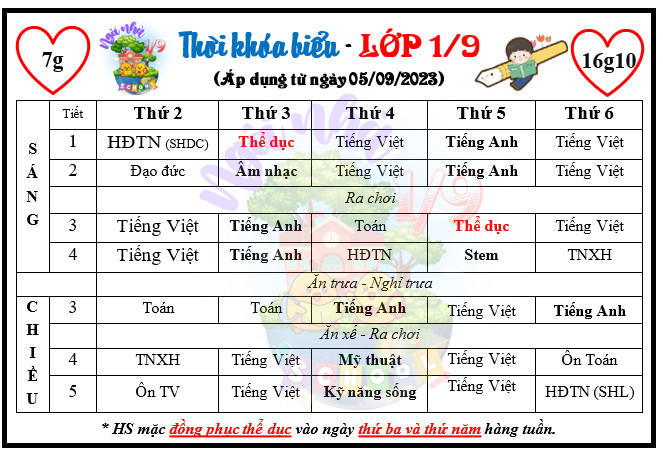

The timetables of primary school students in Ho Chi Minh City include "voluntary" subjects such as STEM, life skills, and voluntary English hours in the main curriculum.
In recent days, many parents have been upset and reported to Thanh Nien Newspaper about the situation of inserting "voluntary" subjects - subjects that require extra payment - into the main curriculum.
Instead of being held after 3pm, subjects such as life skills, STEM, English with native speakers, ismart, international IT... are interspersed with core subjects (compulsory subjects in the education program), both in the morning and afternoon. This makes it difficult for parents not to register, because if they do not register, where will the child be at that time, what will they do, will their friends be studying while their child is sitting around doing nothing?
On September 21, speaking with Thanh Nien Newspaper reporter, Mr. Nguyen Bao Quoc, Deputy Director of the Department of Education and Training of Ho Chi Minh City, said that the regulation for primary school is no more than 7 periods per day, depending on the arrangement of the units, depending on each grade, it will be more than 20 or 30 periods per week. According to Mr. Quoc, it is necessary to distinguish the main periods according to the 2018 General Education Program regulations as "hard" periods, and "the other" (the "voluntary" subject content that the reporter mentioned) are supplementary activities, supplementing the content according to the projects, they need to be considered independently of each other.
"In addition to the main lessons, the school adds some activities related to skills, related to projects such as information technology or foreign languages. However, the arrangement is very tight, between the general and the external, there are things that cannot be separated, independent, depending on the reality of each school," said Mr. Nguyen Bao Quoc.
When the reporter asked if there were any regulations on arranging compulsory main classes and "voluntary" classes in the timetable, Mr. Quoc said: "Now the autonomy is given to the school. The school will be in the spirit of arrangement, because it is not just about the number of classes, not just focusing on the number of classes. It is also about assigning appropriate teachers, working with support parties, all kinds of things, so each school unit will have a different way of handling it. If we are too rigid, forcing this place to be in the afternoon or something like that, etc... then it will be very difficult."
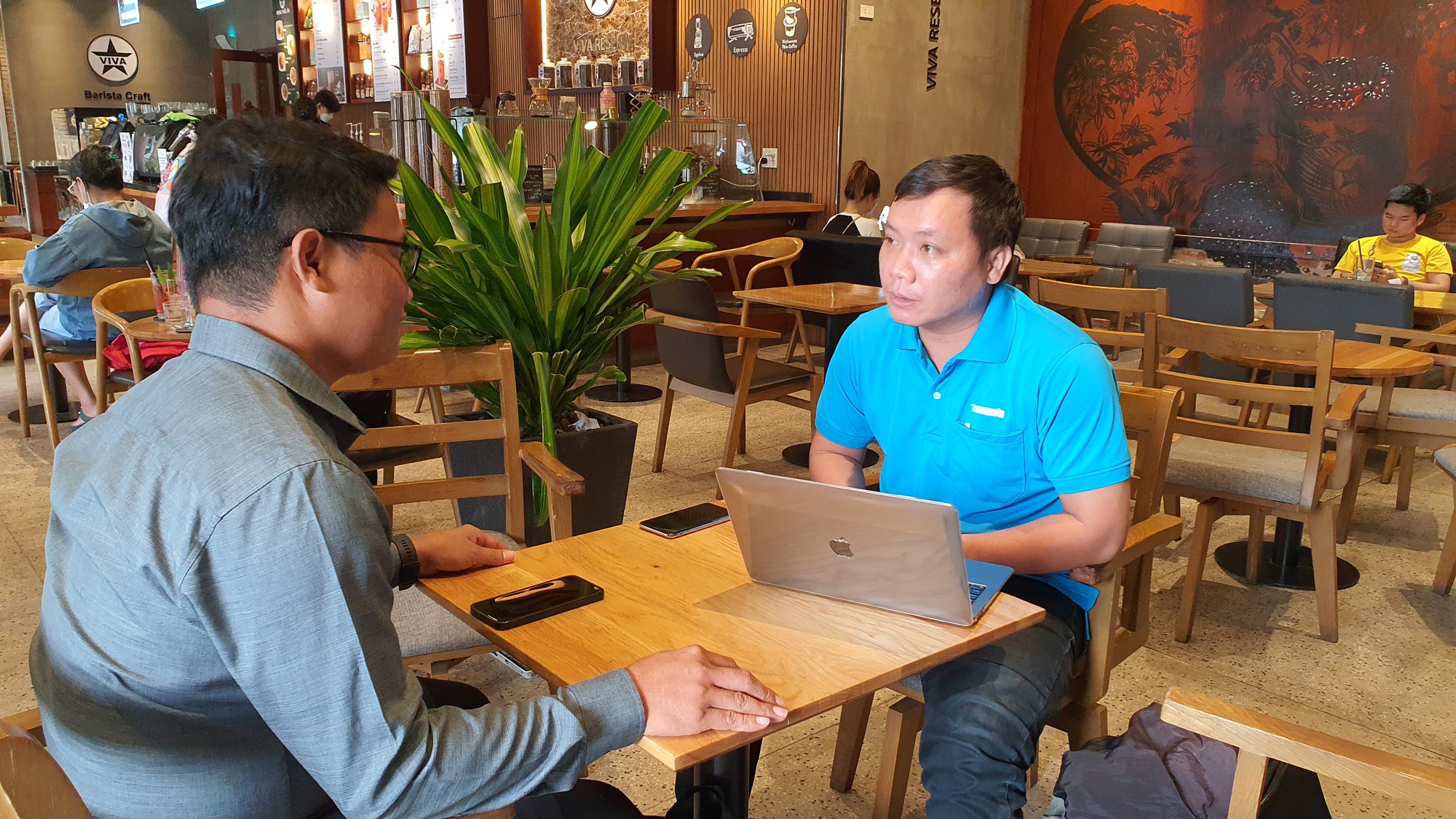
Parent V.D (left) reflects on the reality of inserting "voluntary" subjects into the curriculum at the school her child is attending.
The reporter also raised the issue that many parents reflected that if "voluntary" subjects are interwoven with formal subjects, if their children do not study, where will they go..., Mr. Quoc said: "When working, it is necessary to have the spirit that the parents' and the school's opinions must be in agreement. It is not that my school plans to organize A, B, C, D, E, and if parents do not agree, it will be very difficult for the school. The most important thing is to reach consensus from both sides. That consensus will help the organization to be even and consistent...".
Mr. Quoc also said that the Department of Education and Training of Ho Chi Minh City will respond more specifically and fully to the above issue in writing.
In document No. 4457 on the plan to implement primary education tasks for the 2023-2024 school year, the Department of Education and Training of Ho Chi Minh City stated the implementation of the general education program. For grades 1, 2, 3 and 4 implementing the 2018 general education program, the Department of Education and Training of Ho Chi Minh City requires:
- Implement teaching of compulsory subjects and educational activities, elective subjects according to the regulations of the 2018 General Education Program; organize reinforcement activities for students to complete their learning content, educational activities to meet students' needs, interests, and talents; activities to learn about nature, society, culture, history, and local traditions;
- Organize teaching 2 sessions/day, each day arrange no more than 7 periods to implement the general education program, each period 35 minutes, not required to implement 4 periods in the morning, 3 periods in the afternoon; minimum is 9 sessions/week with 32 periods/week;
- The education plan ensures a reasonable allocation of educational content, helping students complete their learning tasks and program requirements; creating conditions for students to study elective subjects and participate in educational activities to achieve the goal of comprehensive education in primary school;
- The principal proactively builds the school plan, arranges the timetable scientifically , ensures a reasonable ratio between teaching content and educational activities, allocates reasonable time and timing during the school day and school week in accordance with the psychology of primary school students, and is also suitable for the mobilization and arrangement of teachers (for specialized subjects, other educational activities)...
Source link





![[Photo] General Secretary To Lam and National Assembly Chairman Tran Thanh Man attend the 80th Anniversary of the Traditional Day of the Vietnamese Inspection Sector](https://vphoto.vietnam.vn/thumb/1200x675/vietnam/resource/IMAGE/2025/11/17/1763356362984_a2-bnd-7940-3561-jpg.webp)




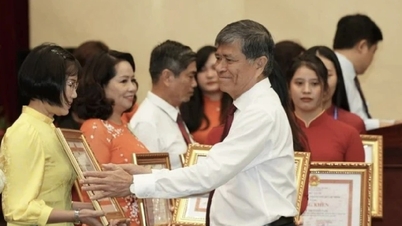
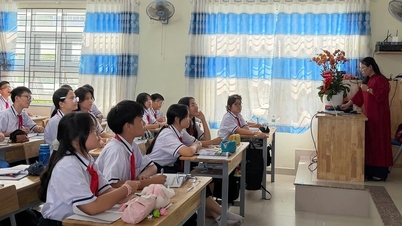
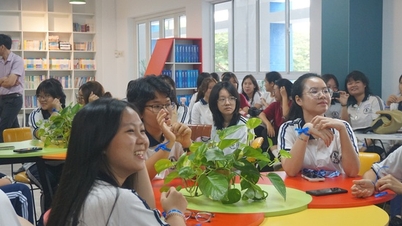

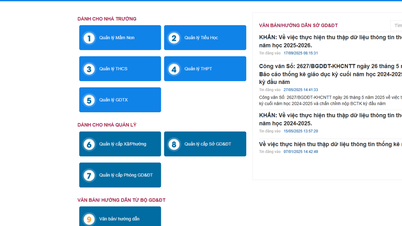


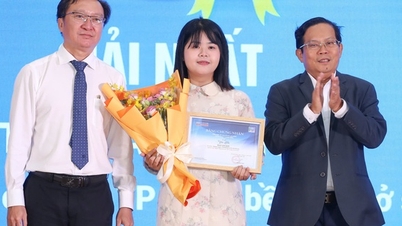



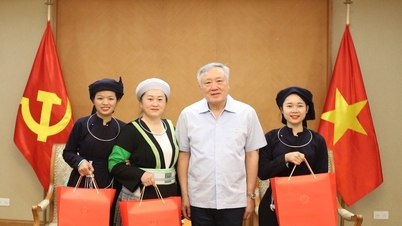







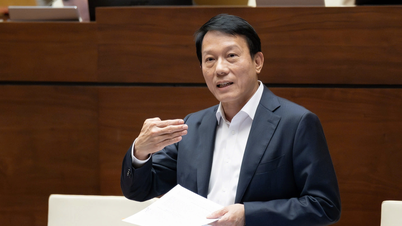
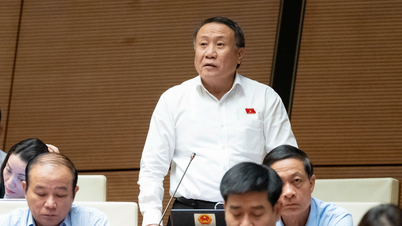












































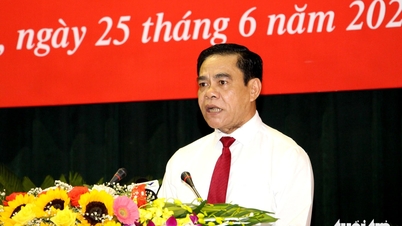
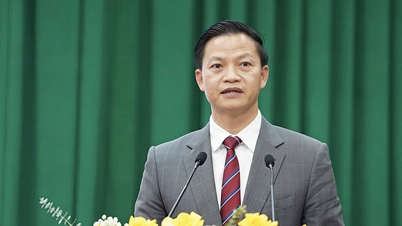







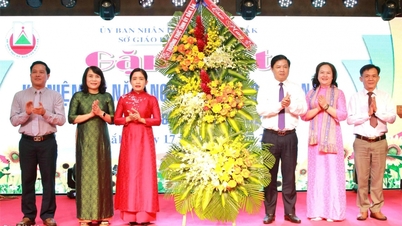


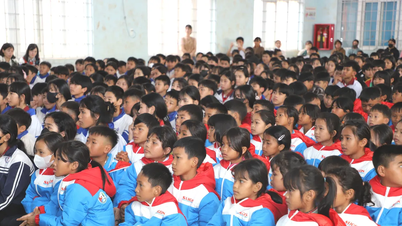



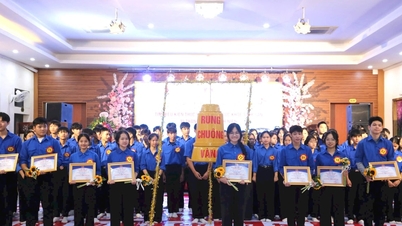















Comment (0)